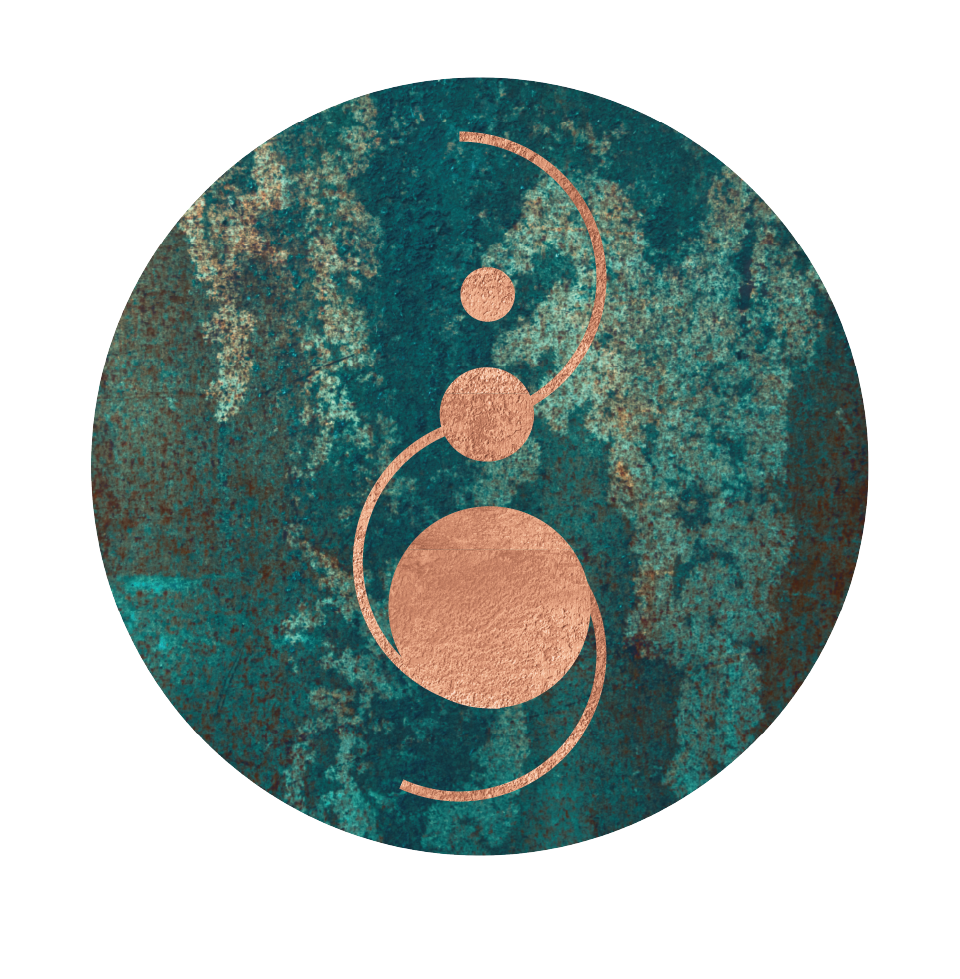An Introduction to the Elements
The Elements in Ayurveda
Ayurveda is a sister science to Yoga and is over 5,000 years old. It comes from two words 'Ayu' which means life and 'Veda', which means science, so Ayurveda, quite literally, is the science of life. It is rooted in longevity and prevention and is a Shashwat science - which means it is unchanging because of its basis in Nature.
The Five Great Elements - Pancha Maha Bhutas are present in everyone and everything. There are:
Earth - stable, dense, heavy, structure, foundation
Water - wet, lubrication, hydration, smooth, flowing
Fire - hot, sharp, illumination, transformation
Air - dry, rough, cool, movement
Ether - subtle, omnipresence, all-pervading
What does the number five signify?
The honouring of five elements has been recognised in other ancient cultures around the world, from the Druids and American Indians to the Ancient Greeks and Egyptians. The pentagram symbolises the five elements – earth, water, fire, and wind, combined with the fifth element of ether or spirit. With all of these elements combined, we are able to give life and bring consciousness to matter.
The Doshas
Like many of these cultures, Ayurveda is based on the premise that we are made of a unique composition of these elements. Within the body, they are divided into three Doshas or types known as Vata, Pitta and Kapha.
From an Ayurvedic perspective, we each have a unique combination of these elements, which makes up our Prakriti, or constitution. We have ALL of the elements in us, however, most people have one or two more predominant doshas. It is rare, but some people have an equal expression of all three - which is known as Tri-doshic.
Our Vrikriti, or condition, is the current state of balance of the elements/ our doshas, affected by our living environment, state of health and quality of mind.
How closely we live to our constitutional balance determines our physical and mental wellbeing. If there is disharmony between our internal and external environments, we move out of balance and start to feel off-kilter or unwell, eventually causing dis-ease to manifest over time.
Vata: Air & Ether
In the body, Vata governs movement, circulation, movement of digestion (peristalsis), the nervous system, sensory balance and our reflex actions.
A balanced Vata mind allows us to multi-task, boosts creative impetus and invites inspiration; enables connection and communication without feeling overwhelmed by the activity or 'buzz'.
Excess Vata in the mind sends the nervous system into overdrive, causing anxiety, panic, fear, excessive thinking or worry, swinging between hyperactivity and exhaustion (from over-doing). It can also cause broken sleep/ insomnia and excess chatter/ frenetic talking.
Pitta: Fire & Water
Pitta governs all the body's biochemical changes: digestion, absorption, assimilation, and body temperature- alchemy! The fire element of Pitta gives it the ability to transform physical substances, drawing nutrients from food.
A balanced Pitta mind is sharp, alter and quick to comprehend, focused with excellent concentration skills. Pitta loves learning, is organised and makes a great leader.
Excess Pitta in the mind can be controlling, impatient, irritable, quick to anger, critical, judgmental and heady, with an intellectual approach to life.
Kapha: Earth & Water
Kapha governs immunity, known as Ojas, our body's ability to heal and repair. The physical nature of the bone structure and skin are related to the earth element. The water manifests as mucus in the system, lubrication to the joints and hydration of the skin.
A balanced Kapha mind is tranquil, calm, serene and relaxed, patient, accepting and loving; a stable, loyal personality with a strong retentive memory.
Excess Kapha in the mind can lead to greed, attachment and possessiveness, with the tendency towards depression, lethargy, inertia and low motivation.
Curious about your Dosha, or type? You can complete a free questionnaire online at www.halepule.com Take it twice, once to determine your Prakriti, representing how you have felt for the majority of your life, and a second time to determine your Vrikriti - how you feel at the moment or in the recent past.

